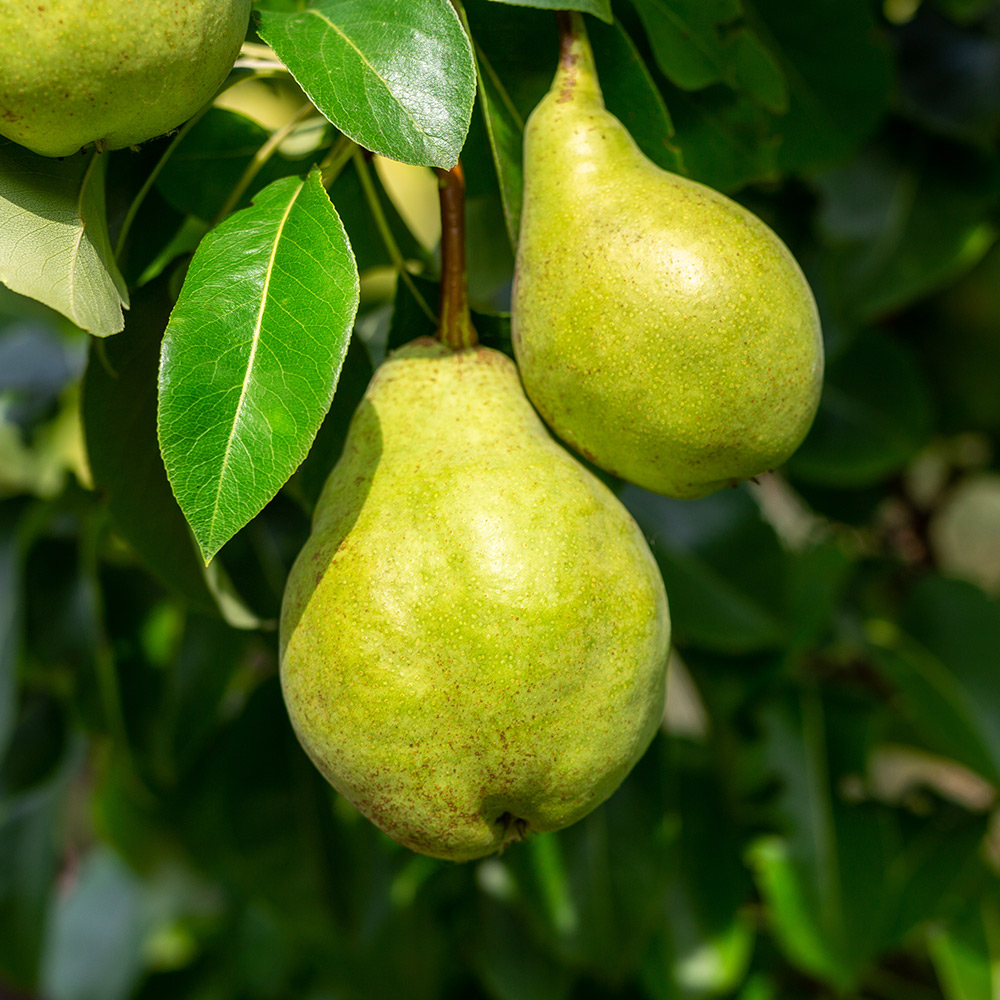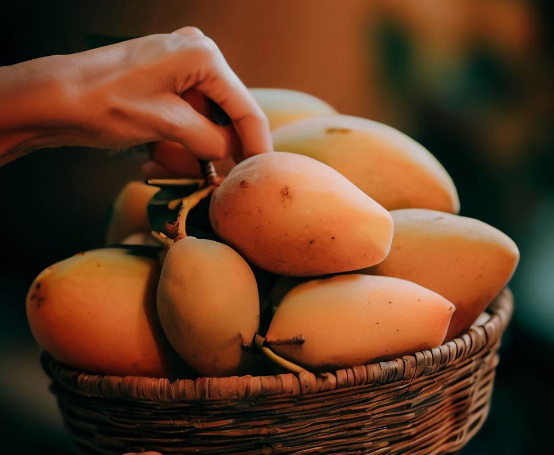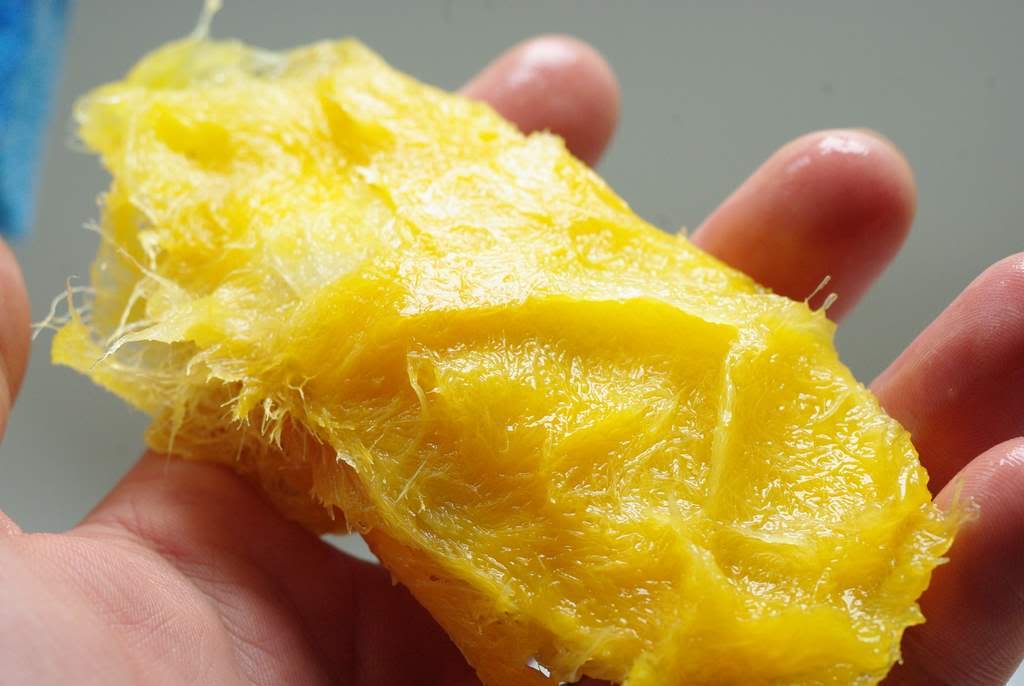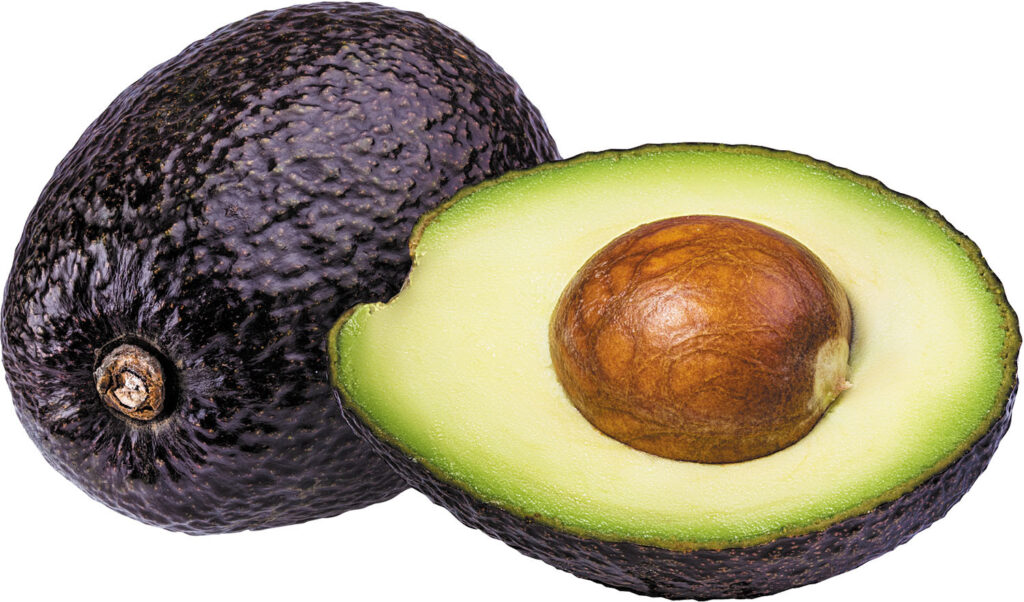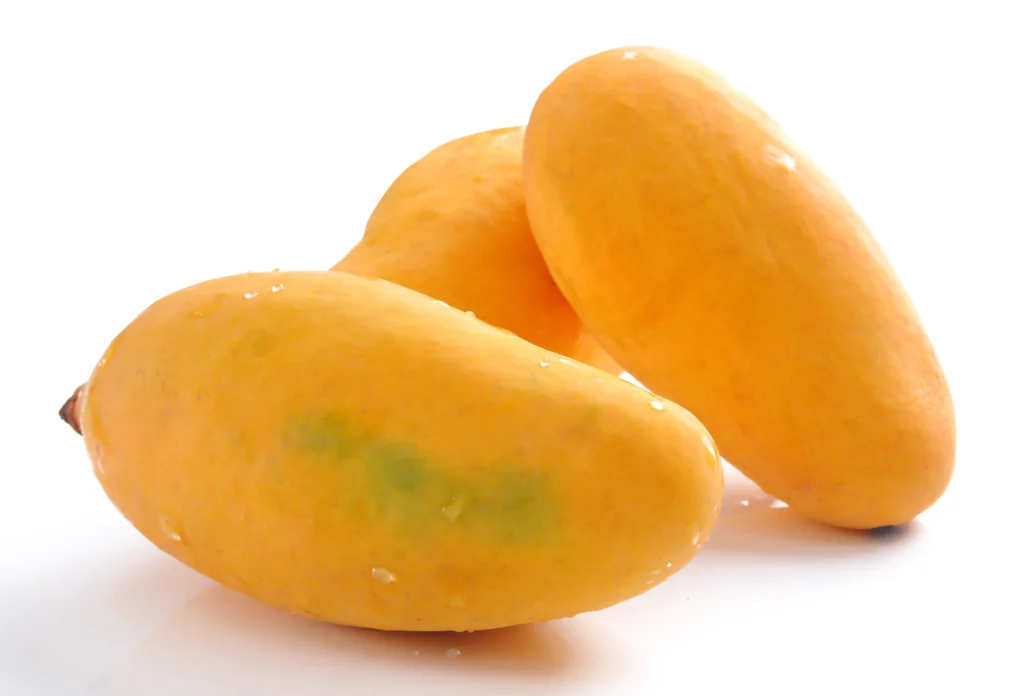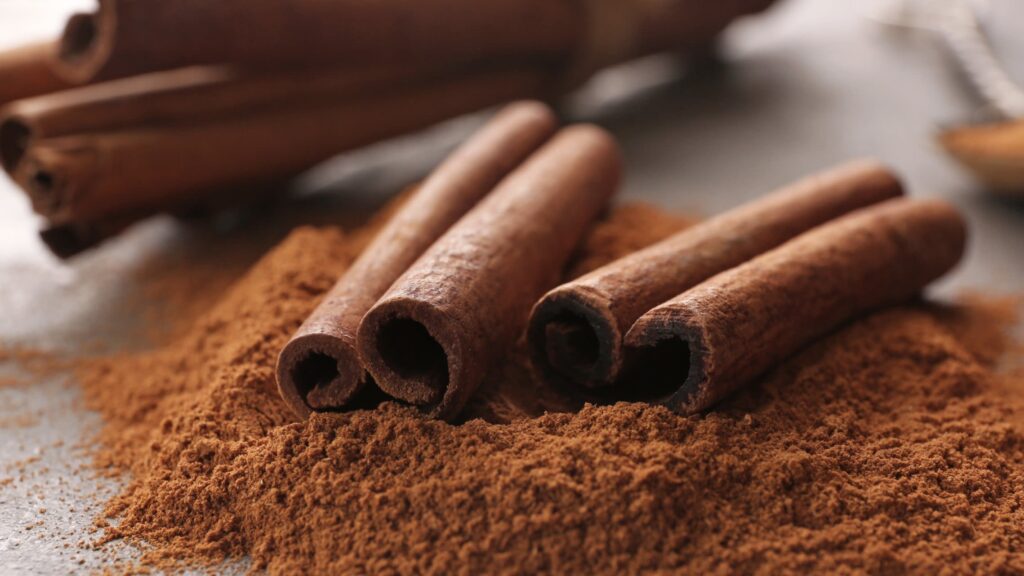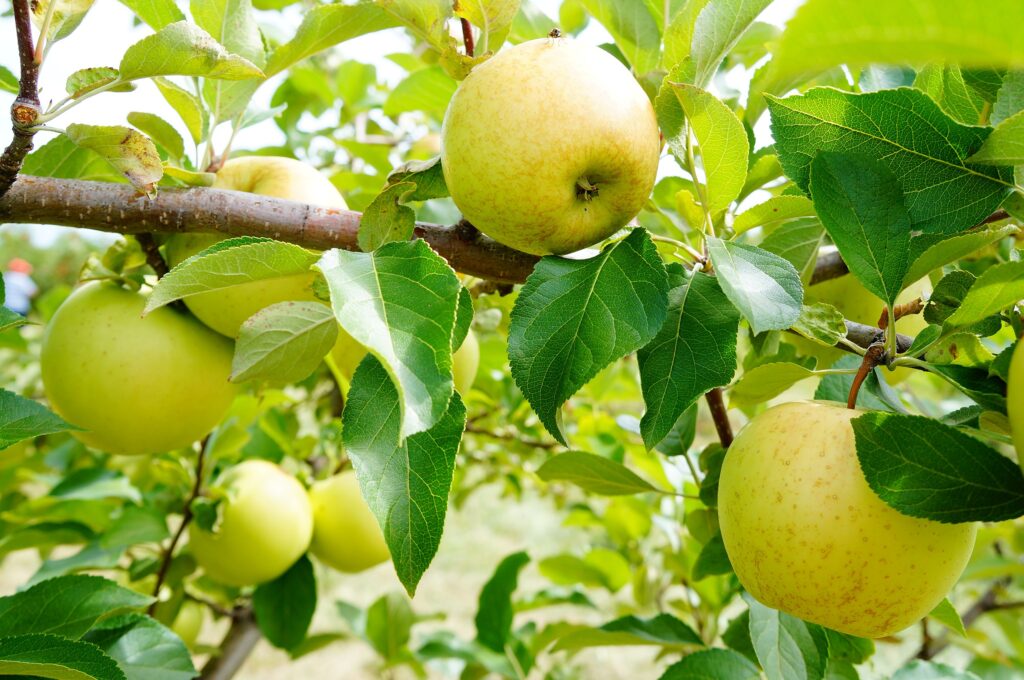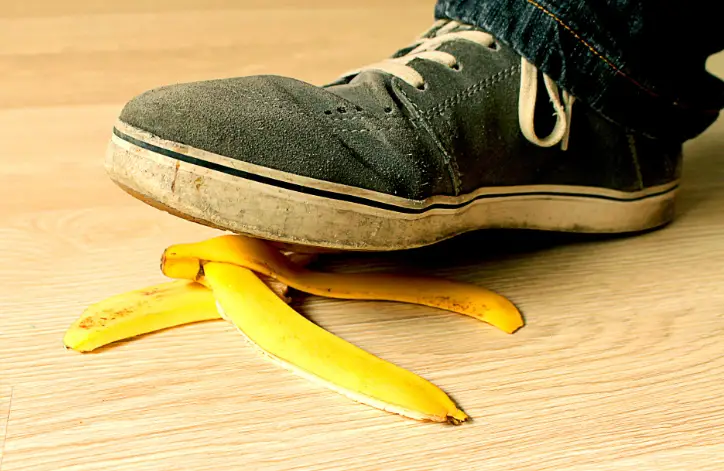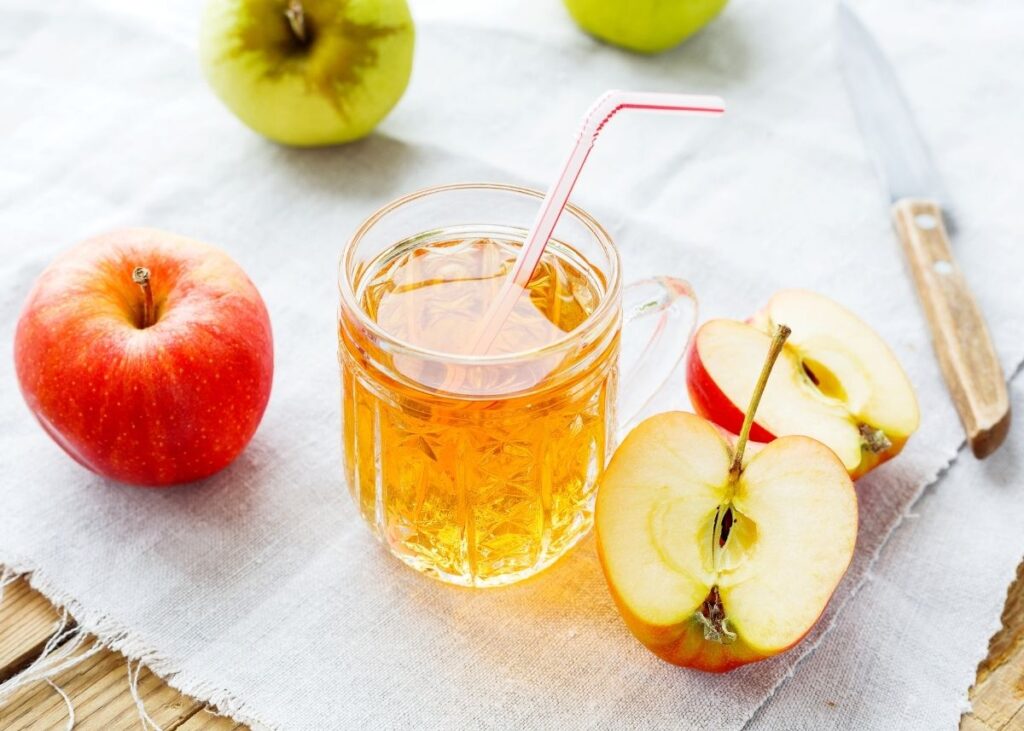When you’re at the grocery store, you might see plantains next to bananas and wonder if they’re the same thing. Although they look alike at first glance, there are several differences between them. In this detailed guide, we’ll answer the question “Is a plantain a banana?” and look closely at what makes each one unique.
Plantains and bananas both belong to the Musaceae family, but they are different fruits. Plantains are essential in many tropical areas, and bananas are enjoyed as snacks all over the globe. Sometimes, people use them for the same recipes. However, they have distinct tastes, textures, and uses when cooking.
Table of Contents
- Discovering Plantains
- Getting to Know Bananas
- Looking at Appearance and Texture
- Comparing Nutrition
- How They’re Used in Cooking
- Choosing Sweet or Savory
- Variety in Cooking Methods
- Storing and Shelf Life
- Where to Buy and Prices
- Plantain Vs. Banana Chips
- Their Roles in Different Cultures
- Plantain vs. Banana: What’s the Ultimate Difference?
- Conclusion
- FAQs
- Are plantains and bananas related?
- Can you eat a plantain raw?
- Can you substitute plantains for bananas in recipes?
- Are plantains healthier than bananas?
- Are plantains more expensive than bananas?
Discovering Plantains
Found in warm climates like Africa, Asia, the Caribbean, and Latin America, plantains are tropical fruits.
They’re bigger and tougher than bananas, with skin that’s thicker and changes color from green to yellow to black. Plantains are full of starch and not so sweet, even when they’re ripe, which makes them ideal for cooking instead of eating fresh.
Getting to Know Bananas
Bananas can be found across the world and are likely to have come from Southeast Asia originally.
They’re smaller and sweeter than plantains, with a soft, yellow peel that darkens to brown when the fruit is ripe. Bananas can be eaten as they are or added to sweets, drinks, and baked treats.
Looking at Appearance and Texture
One easy way to tell plantains and bananas apart is by how they look. Plantains are longer, thicker, and tougher than bananas, and you’ll notice their shape is more elongated. Their skin is also tough to peel, unlike the delicate skin of bananas.
The texture is another clue. Ripe bananas are sweet and soft, but ripe plantains stay firm and full of starch. People often compare a ripe plantain to a potato, and they’re commonly used in savory recipes.
Comparing Nutrition
Plantains and bananas offer different nutrients. Bananas bring a lot of potassium and vitamin C, while plantains provide vitamin A and important fiber. Since plantains have more starch and carbs than bananas, they can raise your blood sugar level faster.
How They’re Used in Cooking
Plantains and bananas can both be used in many kinds of recipes, but each is better for specific dishes.
Usually, bananas are eaten on their own or in sweet dishes, and plantains are often cooked for savory meals. Plantains are a key part of Caribbean and Latin American cuisines, where they’re fried, baked, and more. They can be boiled and smashed like potatoes as well.
Choosing Sweet or Savory
Another big difference is the kind of dishes that plantains and bananas match well with. Bananas often star in sweet recipes like smoothies, cakes, and desserts.
Plantains, though, can go either sweet or savory. For savory Latin American dishes, they’re fried and go well with casseroles and stews. In the Caribbean, people boil and mash plantains into a dish called mofongo.
Variety in Cooking Methods
How you cook plantains and bananas depends on their textures. Bananas are often sliced and mixed in right before eating, while plantains need to be cooked first.
Plantains can be prepared in different ways such as frying, baking, boiling, or grilling. They’re also great mashed up and used to hold together dishes like meatballs and vegetable patties.
Storing and Shelf Life
The amount of time that plantains and bananas last is also different. Bananas only stay good for a few days at room temperature.
If you put ripe bananas in the fridge, they can last a little longer, but their skin will get brown. On the other hand, plantains last longer and can be kept at room temperature for about a week. If you chill them, their skin might turn black, even though they’re still okay to eat.
Where to Buy and Prices
Where you live affects how easy it is to find plantains and bananas, as well as what they cost. Bananas are usually more common and less pricey than plantains.
In Latin American and Caribbean stores, plantains are more likely to be found, but you can also get them at some Asian and African markets. The price for plantains might change depending on the time of year and where you’re buying them.
Plantain Vs. Banana Chips
Both plantains and bananas can be turned into chips, which many people like to snack on. The making of plantain chips and banana chips is a bit different, though.
Plantain chips usually have more thickness and aren’t as sweet. Most of the time, they’re fried. Banana chips are often thinner, sweeter, and can be baked or fried for a crispy treat.
Their Roles in Different Cultures
Plantains and bananas are important to various cultures around the world. In Latin America and the Caribbean, plantains are a main part of the diet and show up in dishes like tostones, mofongo, and sweet plantains. In many Asian countries, bananas are used in a wide range of sweet and savory recipes.
Plantain vs. Banana: What’s the Ultimate Difference?
The most noticeable difference between a plantain and a banana is how they feel and taste. Plantains are harder and less sweet, which makes them perfect for cooking rather instead of eating by themselves.
While plantains are often part of savory Latin American and Caribbean dishes, bananas are more likely to be eaten fresh or used in sweet recipes.
Plantains are bigger in size compared to bananas, and their skins are much thicker. In the market, plantains are usually found green, whereas bananas are smaller, come with thin skins, and you typically see them being sold yellow and ripe.
Conclusion
Even though plantains and bananas might look a lot alike, there are a few important things that set them apart.
Plantains are bigger, have a harder feel, and they aren’t as sweet as bananas. Instead of eating them raw, they’re mostly used in cooking, especially in savoury meals found in Latin American and Caribbean food. On the other hand, bananas are usually enjoyed raw or in sweet dishes like desserts.
If you know how plantains and bananas are different, you’ll have an easier time picking the right one for whatever you’re cooking or baking.
